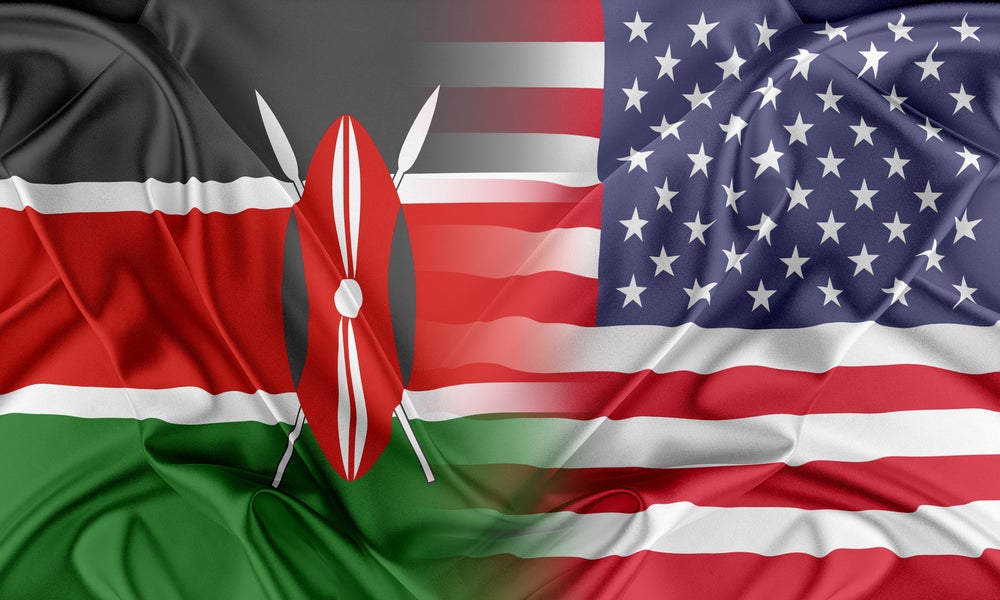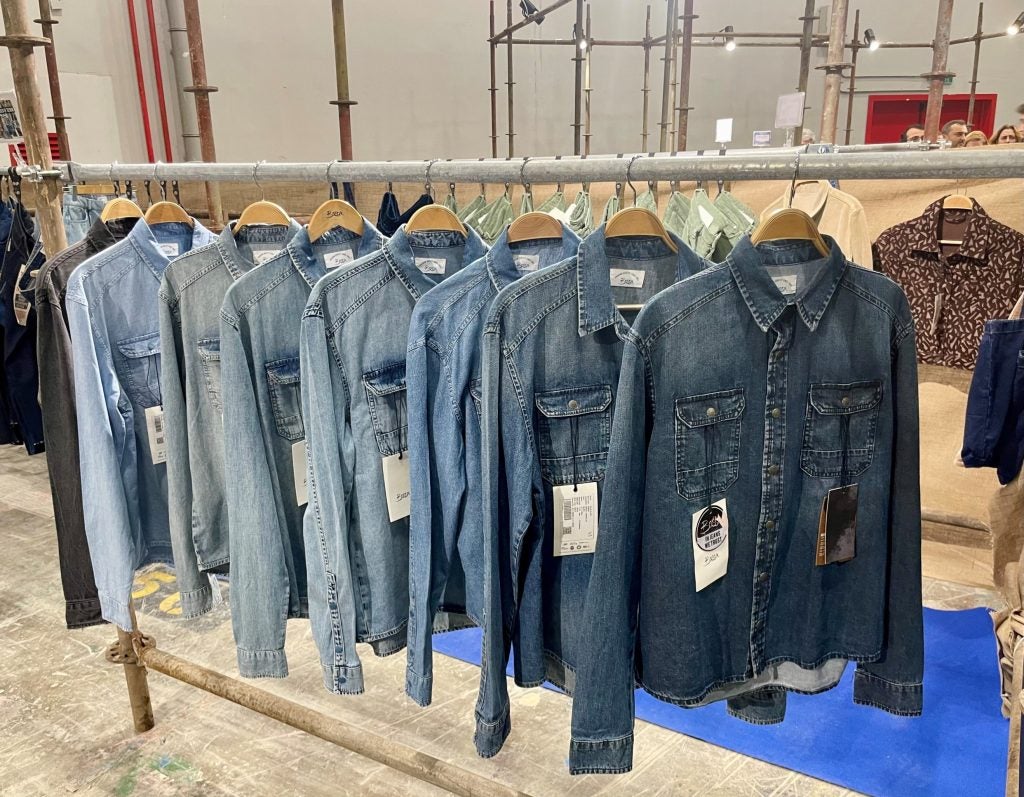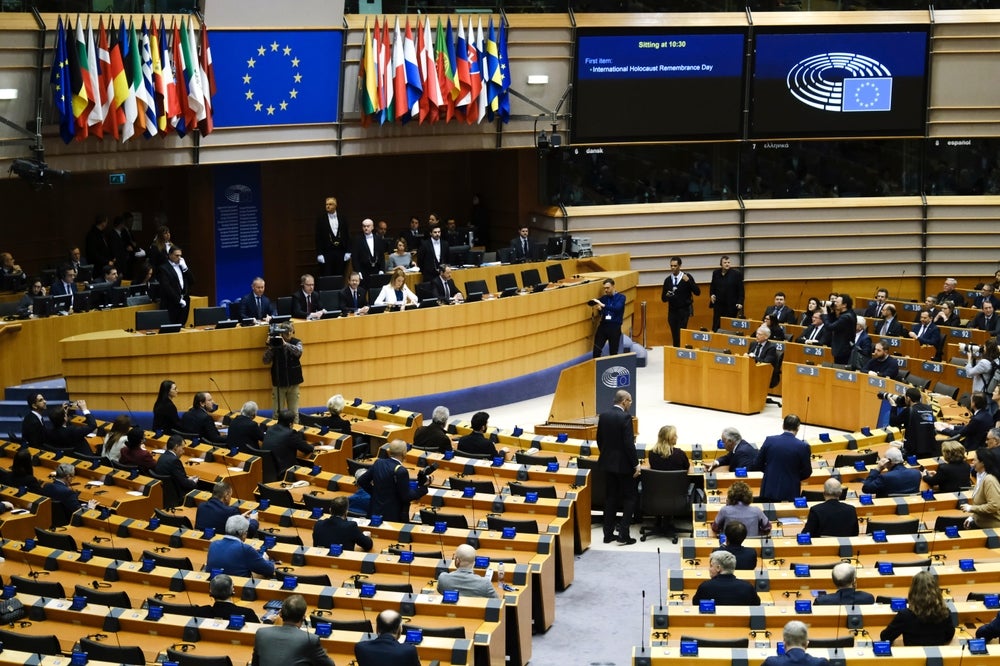
US President Donald Trump has signed legislation calling for sanctions over the repression of China’s Uyghurs, a move met with retaliatory threats from Beijing.
The Uyghur Human Rights Policy Act of 2020, which was signed into law last week, “condemns gross human rights violations of specified ethnic Muslim minority groups in the Xinjiang region in China and other purposes, including specified authority to impose sanctions on certain foreign persons.”
The move follows a vote from the US Senate last month to create the bill, which was introduced by Senator Marco Rubio.
“By signing the Uyghur Human Rights Policy Act of 2020 into law, President Trump took a historic step in support of Uyghur Muslims worldwide and against China’s egregious human rights abuses and probable crimes against humanity,” Rubio said. “As the Chinese government and Communist Party continues its mass internment of at least a million Uyghurs and other Muslim ethnic minorities, the United States will hold the CCP and its enablers accountable for their heinous crimes.”
In March, a study from the Australian Strategic Policy Institute (ASPI) alleged more than 80,000 Uyghurs were transferred out of Xinjiang between 2017-19 to work in factories including ones making garments and footwear.
See Also:
Following this, a coalition of trade bodies representing US apparel and footwear brands and retailers called on the US government to help find a solution that protects the right of workers and the integrity of global supply chains, leading to US lawmakers proposing legislation to ban goods made with forced labour in China’s Xinjiang region from entering the country.
How well do you really know your competitors?
Access the most comprehensive Company Profiles on the market, powered by GlobalData. Save hours of research. Gain competitive edge.

Thank you!
Your download email will arrive shortly
Not ready to buy yet? Download a free sample
We are confident about the unique quality of our Company Profiles. However, we want you to make the most beneficial decision for your business, so we offer a free sample that you can download by submitting the below form
By GlobalDataLater that month, the Better Cotton Initiative (BCI) said it was suspending its activities in Xinjiang on the back of concerns over the prevalence of labour abuses in the region.
In its own statement, China’s Foreign Ministry, which denies mistreatment and says the camps provide vocational training and are needed to fight extremism, says the signing of the law vilified the human rights situation in Xinjiang.
“The United States signed into law the so-called Uyghur Human Rights Policy Act of 2020. This so-called act deliberately denigrates the human rights conditions in China’s Xinjiang, viciously attacks the Chinese government’s Xinjiang policy, blatantly violates international law and basic norms governing international relations, and grossly interferes in China’s internal affairs. The Chinese government and people express strong indignation and firm opposition to this.
“We hereby warn the US side that Xinjiang affairs are purely China’s internal affairs that allow no foreign interference. The Chinese government and people are resolute in safeguarding China’s sovereignty, security and development interests.
“Once again, we urge the US side to immediately redress the mistake, and stop using this Xinjiang-related act to harm China’s interests and interfere in China’s internal affairs. Otherwise, China will respond resolutely, and the United States must bear all the consequences arising therefrom.”
China is the largest supplier of apparel to the US with the mammoth’s share of the US apparel market despite this slipping from 41.98% to 39.93% in 2019.
Most recently, imports have been dented by a hike in tariffs on Chinese goods as a result of an ongoing trade spat between the two countries, to the coronavirus outbreak which started in China at the beginning of the year, resulting in a factory shutdown across the nation.
Of the ten largest apparel suppliers to the US, China booked the fourth largest fall in April (the latest month for which data exists) with year-on-year shipment volumes down 48.44% to 340m SME.
Reports today suggested Trump held back on signing off on sanctions because it would interfere with trade negotiations with Beijing.
“Well, we were in the middle of a major trade deal. And I made a great deal, $250bn potentially worth of purchases,” Trump was quoted as telling Axios on Friday when asked why he had not enacted Treasury sanctions against Communist Party officials linked to repression in the Xinjiang region, according to a report published by Reuters.







